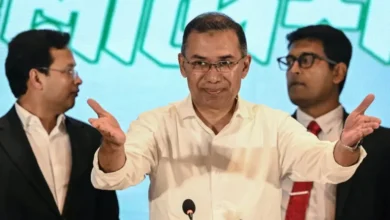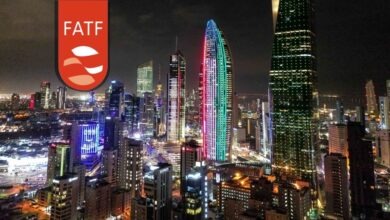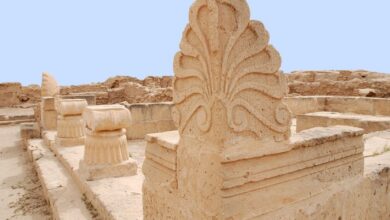Kuwait finalizes new national curriculum for 2025/2026 with focus on innovation and identity

In line with the National Framework for Curriculum Standards, the Ministry of Education has nearly completed its curriculum development process, with most educational subject directives having submitted their final versions to Minister Sayed Jalal Al-Tabtabaei.
The remaining directives are expected to complete their submissions today. These curricula, scheduled for implementation in the 2025/2026 academic year, were developed by technical supervisors in adherence to the framework prepared by the Curriculum and Educational Research Sector, reports Al-Jarida daily.
Following the submission, the ministry will begin designing and producing the new textbooks within the next two weeks, aiming to complete printing and distribution by early September.
The updated framework emphasizes integrating 21st-century skills and reflects a holistic educational policy that spans from early childhood to higher education. The approach shifts away from the historically quantitative focus — such as increasing schools and enrollment — and instead promotes a balanced, competency-based system guided by religious, ideological, and scientific principles.
The revised curriculum framework introduces a modern educational philosophy that embraces innovation, creativity, problem-solving, collaboration, and the responsible use of artificial intelligence. It also includes STEM-based activities and ensures inclusivity for students with special needs.
Emphasis is placed on fostering national identity, tolerance, integrity, and social responsibility, as well as promoting governance, legal awareness, and civic values.
The framework sets clear performance standards for students, including producing knowledge, using contemporary technology, and conducting scientific experiments, while adhering to social values and national loyalty.
It introduces updated assessment methods in line with global practices and outlines the competencies required of teachers to carry out effective evaluations. The content is expected to be accurate, age-appropriate, and aligned with cognitive, emotional, and skill-based learning outcomes.
Learning tools and teaching methods will be diversified and aligned with students’ needs, helping to deepen understanding and enhance learner engagement. Teaching must effectively address curriculum objectives and foster the acquisition of values and attitudes. Knowledge sources should support self-learning, cooperative learning, and problem-solving, all while responding to labor market demands and contributing to a rich educational environment.
The framework outlines textbook design requirements, including engaging covers, consistent content integration across grades, and suitability for age groups. Evaluation must be comprehensive and continuous, reflecting student performance in all areas. The curriculum’s foundations are drawn from national references such as the Amir’s royal speech, Kuwait’s Constitution, development plans, and Vision 2035.
The framework also accounts for evolving global education trends, prioritizing hybrid and digital learning, future skill demands, and economic needs, particularly in vocational training.
The ministry’s strategy includes diversifying secondary education tracks, increasing teacher training, expanding learning hours, aligning education with market needs, and ensuring adequate funding and infrastructure to raise performance levels.
Ultimately, the curriculum aspires to build a democratic, stable, and tolerant society that relies on self-sufficiency and human capital development. It encourages industrial knowledge and cognitive advancement, with performance guidelines designed to serve learners, teachers, educational planners, and parents — ensuring a coherent, transparent, and future-ready education system.












